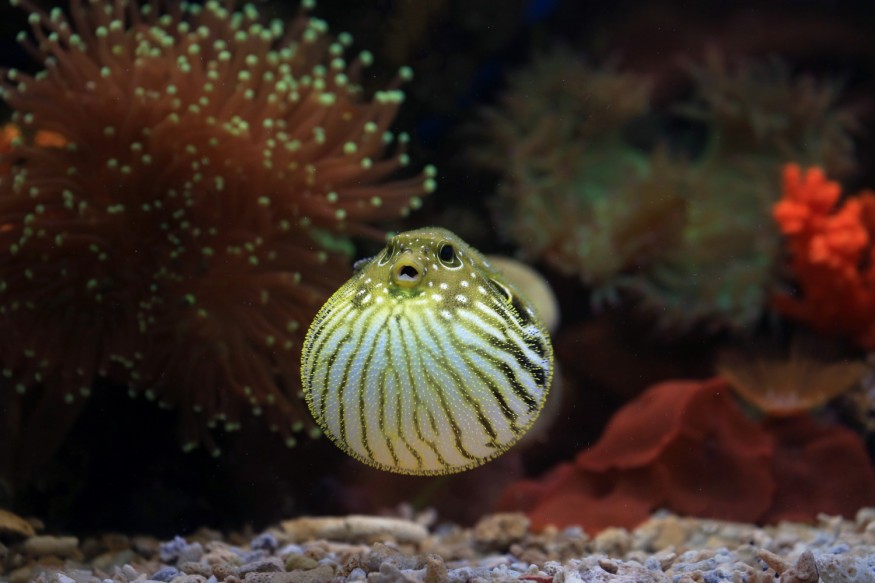
Puffer fish is known for being toxic. It is deadly due to its being highly poisonous. However, this fish has been served in Japan for decades.
Is Puffer Fish Safe to Eat?
Puffer fish has a bad reputation due to its poison. On March 25, an 83-year-old woman died after consuming puffer fish in Johor, Malaysia. Her 84-year-old husband is still recovering in the ICU after they dined on the delicacy.
According to Ling Tian Soon, Johor Health and unity committee chairman, they cleaned and cooked the fish for lunch around 3 p.m. However, the woman began to shiver and experienced difficulty in breathing. Her husband began to show similar symptoms an hour later, Newsweek reported.
They were immediately rushed to the hospital that evening. However, Lim Dew Guan was pronounced dead.
Soon said the cause of death was due to food poisoning that resulted in respiratory failure with cardiac dysrhythmia. They suspect it was due to ciguatera toxin or tetrodotoxin ingestion from the puffer fish.
Although puffer fish is poisonous, it is still safe to eat. The fish, also known as fugu in Japan, is popular in the country. The Japanese have been serving fugu delicacies for over 100 years.
According to FDA, the liver, gonads (ovaries and testes), intestines, and skin of puffer fish typically contain the toxic. It has to be cleaned and prepared in a special manner to remove the organs, including the toxin, carefully. Otherwise, the toxin will contaminate the flesh of the fish.
The toxic cannot be destroyed by cooking or freezing. Thawing and freezing would not eliminate the toxins and may only result in the migration of toxins into the flesh of the fish.
Due to the potential health hazard, commercial importation of puffer fish into the United States is restricted, and personal importation is prohibited.
Why Do the Japanese Eat Puffer Fish?
As mentioned, fugu or puffer fish is poisonous. Aside from the case previously mentioned above, there have been many fatalities due to fugu consumption.
However, the Japanese still serve puffer fish in restaurants and supermarkets. But the delicacy has to be prepared by a licensed chef and is prohibited from being done at home. The Japanese royal family is even forbidden from consuming fish.
According to Savor Japan, some locals eat puffer fish because they want a thrill. But aside from that, the fish offers a distinct, subtle flavor and unique chewy texture.
Fugu is also low in fat, high in protein, and low in calories. They are rich in nutrients, vitamins, and minerals, which makes them good for beauty and health.
Fugu is also part of the country's food culture. According to Web Japan, in Shimonoseki City, Yamaguchi Prefecture, people call fugu "Fuku," because they consider the fish a symbol of good luck.
The word "fuku" means "fortune" in Japanese. Although the fish is poisonous, the Japanese find them delicious, and puffer fish are seen as something that brings them good luck.
In Japan, fugu was originally classified as a high-class food. However, it has become more widely available in recent years. But it is still pricey.
Eating fugu in Japan is safe because the government manages a system for training fugu handlers. There is a legal obligation involved, and only qualified fugu handlers can serve puffer fish delicacies.
RELATED ARTICLE : Prehistoric Alligator-Like Fish Washed Up Ashore in Singapore 10,000 Miles Away From Its Native Home
Check out more news and information on Animals in Science Times.
© 2026 ScienceTimes.com All rights reserved. Do not reproduce without permission. The window to the world of Science Times.











